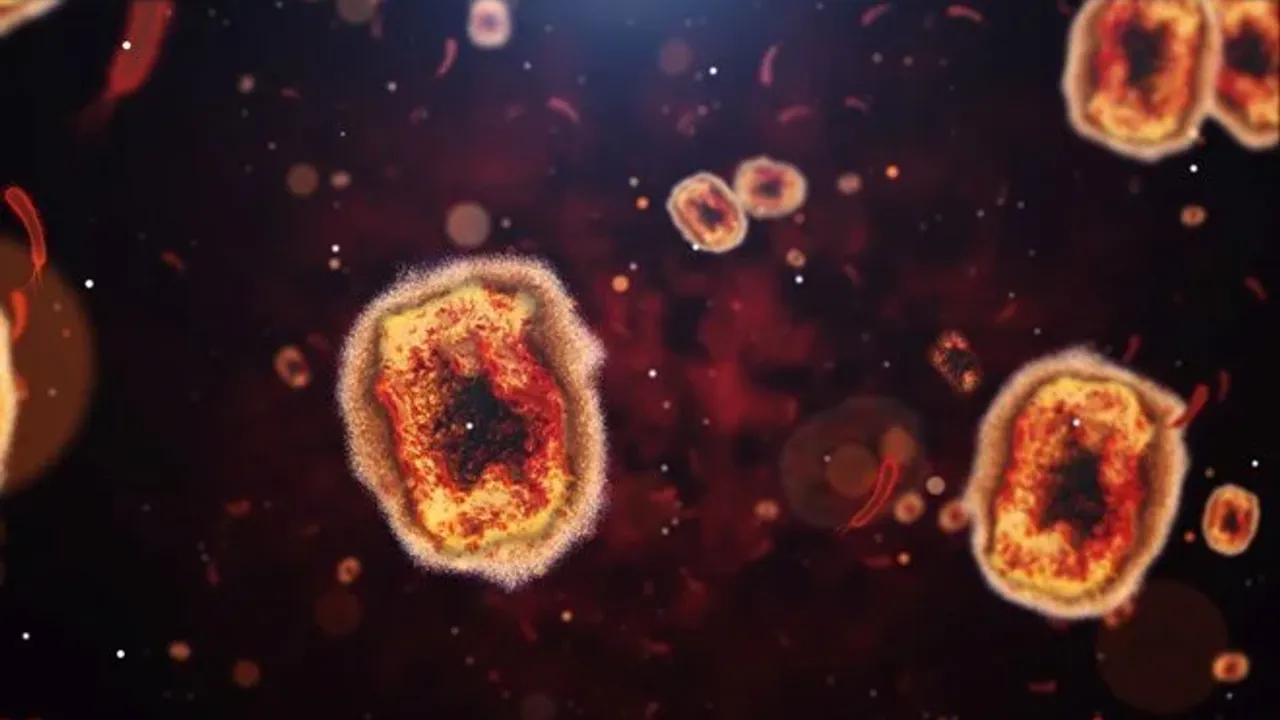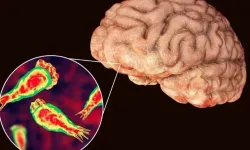New research has uncovered a virus-like life form in the human gut that has never been encountered before.
Stanford University biologist Ivan Zheludev and his team said the new discovery may not be a form of virus.
According to the scientist, the new discovery could be a "completely new life form" that will help bridge the gap between the simplest genetic molecules and complex viruses.
The biological structure, which is claimed to be a new life form, has been named "obelisk" because of its symmetrical and rod-like appearance consisting of twisted RNA strands.
SCIENTISTS ENCOUNTER IT FOR THE FIRST TIME
As part of the research, Zheludev and his team analyzed 5.4 million previously uncovered genetic sequences. They identified 30,000 different "obelisk" species in these sequences.
Among the human microbial databases analyzed, obelisk sequences were found in 7 percent of human gut bacteria and half of the bacteria in the human mouth.
"Obelisks contain a variety of RNAs that have colonized and gone unnoticed in previous studies. These elements may not be viral in nature and may be similar in structure to RNA plasmids."
The researchers also stated that they do not know which other living things contain obelisks, but they think they can be observed in bacterial species.















